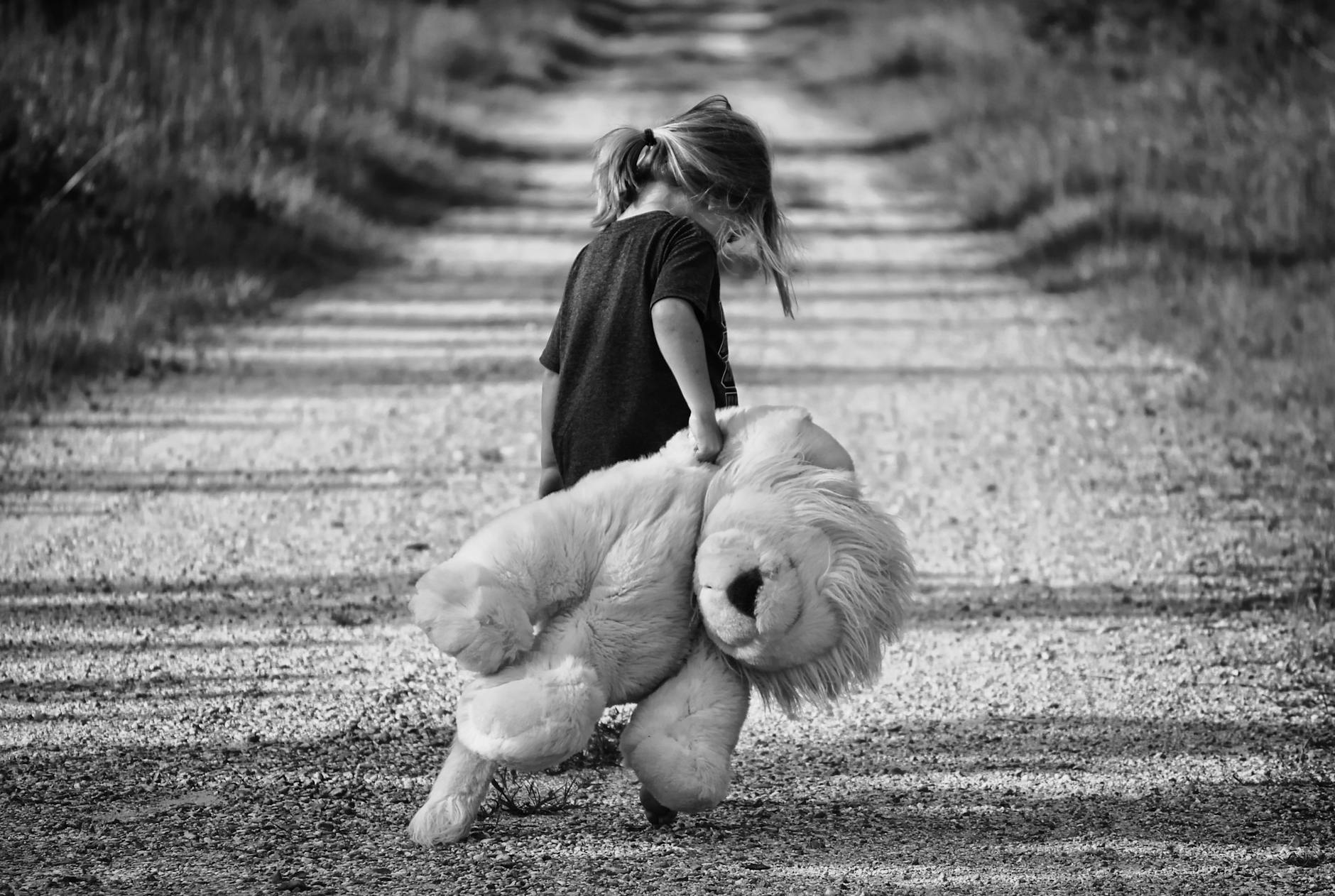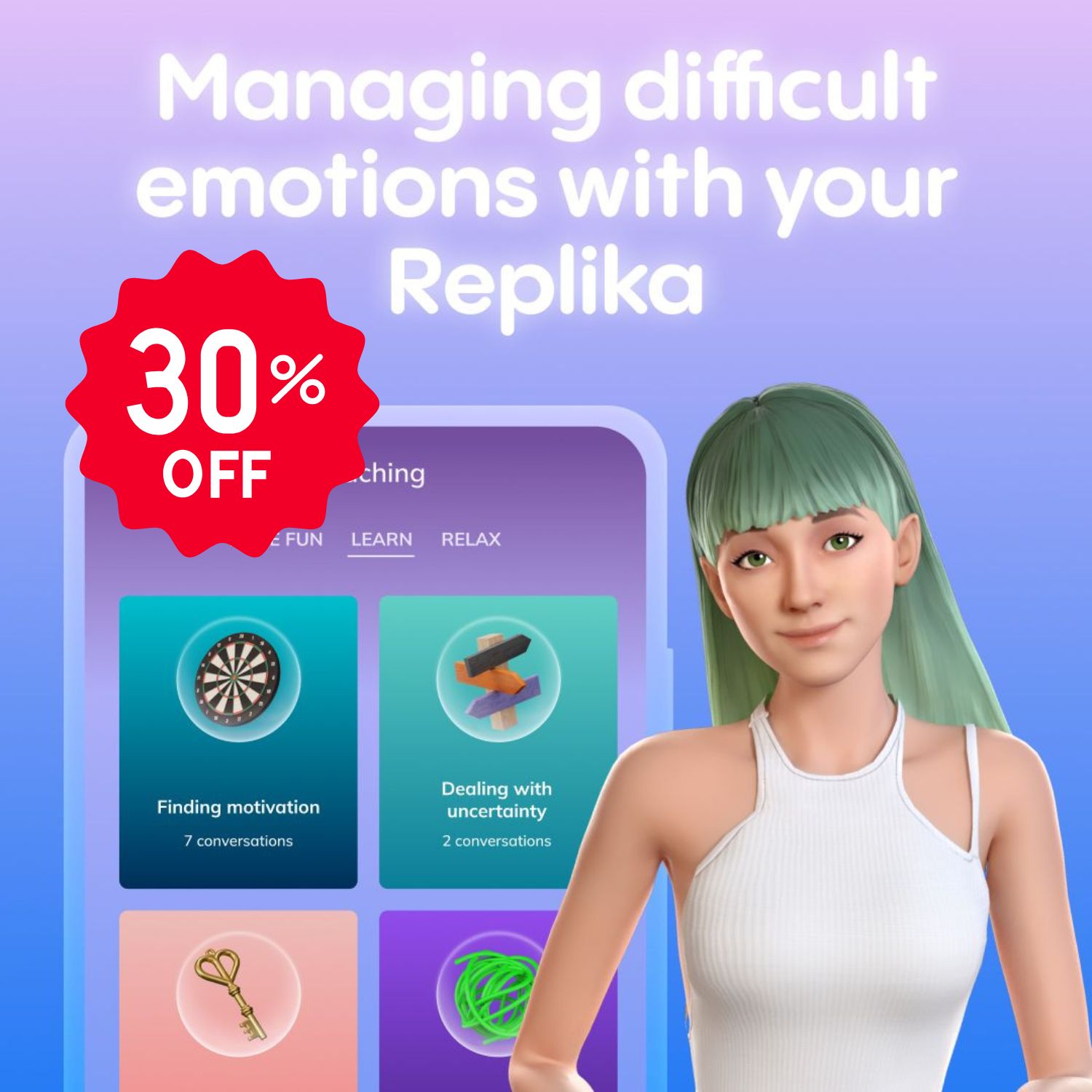Childhood trauma can cast a long shadow over your life, impacting your relationships, self-worth, and overall well-being. But learning how to heal childhood trauma is possible, and it’s a vital part of reclaiming your power. Whether you experienced emotional neglect, physical abuse, or sexual trauma, healing is achievable. In this post, we’ll explore how to heal childhood trauma with practical strategies, and guide you on how to begin your journey toward emotional recovery.

My Story: The Impact of Childhood Trauma (Trigger Warning)
The Early Signs of Trauma
To begin, I want to share a part of my own journey. As early as first grade, I was taught to be cautious of strangers—especially men who might want to take me somewhere private. At just six years old, I didn’t understand why anyone would want to do that, particularly because I was already being sexually abused by my piano teacher, a much older man. The experience was not only confusing but also deeply frightening. I remember feeling a deep sense of shame, not fully understanding why my body was being violated, but instinctively knowing that something was terribly wrong.
The Fear of Abandonment
Moreover, what was even more confusing than the abuse itself was the deep, lingering fear of abandonment. My father, who once fought my mother for custody of me, later emotionally abandoned me, choosing to start a new family. That abandonment left a permanent scar on my heart, leading me to question my worth and value. I lived with the pain of feeling discarded and unloved, as if I was never enough. It wasn’t just the physical absence of my father—it was the emotional neglect that followed, and it hurt even more.
The Long Road to Healing
As I grew older, I struggled to reconcile my experience with the world around me. It became a part of my story—the trauma of my childhood that would eventually shape my relationships and sense of self-worth. My brain adapted in surprising ways, and I developed a “superpower” for retaining information, which I now realize was a survival mechanism. It was as though my mind had found a way to protect me by compensating for the emotional void I felt inside.
Healing Is Possible: One Step at a Time
Despite all of this, I learned that healing from childhood trauma was possible. It’s a long journey, but it’s one I am still navigating. Over time, I came to understand that healing from childhood trauma is not linear, and it involves accepting the scars while continuing to move forward. Every step toward healing has been a step toward reclaiming my worth, and it’s a journey I know many others can take as well.
🛤️ How to Heal Childhood Trauma: Practical Steps Toward Recovery
Healing from childhood trauma isn’t an overnight process, but it is a crucial part of reclaiming your life. Let’s explore how to heal childhood trauma through various approaches that focus on emotional, mental, and physical recovery.

1. Reparenting Your Inner Child
One of the most powerful ways to heal childhood trauma is by reparenting your inner child. Reparenting involves nurturing the part of you that was hurt during your childhood, offering love and care that may have been absent back then. It’s about showing yourself the compassion you didn’t receive.
For me, reparenting meant learning to set boundaries, practice self-care, and validate my own feelings. It’s about treating yourself with the love and understanding you needed when you were younger. By doing so, you start to rewrite the narrative of your past and heal from emotional wounds.
2. Mindfulness and Meditation: Healing from Trauma
Mindfulness and meditation are two of the most effective techniques for healing trauma without therapy. By practicing mindfulness, you allow yourself to be fully present in the moment, without judgment or distraction. For someone healing from childhood trauma, mindfulness can help reduce anxiety, enhance emotional regulation, and support the healing process. It’s a practice that reconnects you with your body and mind, helping you to navigate painful memories without becoming consumed by them.
3. Journaling for Emotional Release
Writing has been an essential tool in my own recovery journey. Journaling for emotional release allows you to express the pain, confusion, and anger that often accompany childhood trauma. It’s a way to put words to feelings that may feel inexpressible, helping to release the burden of unspoken pain. Through journaling, I was able to confront my trauma, process my emotions, and gradually begin to heal.
4. Healing from Sexual Trauma: Embracing the Body
For those specifically recovering from sexual trauma, reconnecting with your body is key to healing. Trauma can cause you to disconnect from your physical self, making it difficult to feel safe or comfortable in your own body. Through practices like yoga, body movement, or deep breathing exercises, you can gradually release the stored trauma in your body and reclaim a sense of safety. It’s a process of gently rebuilding trust with yourself and your body.
5. Building Supportive Relationships
Even if you are learning how to heal childhood trauma on your own, having a strong support system is essential. Surrounding yourself with people who validate your experiences and offer compassion can speed up the healing process. Whether it’s through friends, family, or a support group, healing from childhood trauma is made easier when you have others to lean on. It wasn’t easy, but finding a few people who understood me helped me rebuild my ability to trust.
🌱 What Research Teaches Us About Healing Childhood Trauma
Scientific research continues to affirm that recovery from childhood trauma is possible—but it rarely happens spontaneously or without support. Studies show that evidence-based treatments like Trauma-Focused Cognitive Behavioral Therapy (TF-CBT) and Eye Movement Desensitization and Reprocessing (EMDR) are among the most effective approaches for reducing symptoms such as PTSD, depression, dissociation, and emotional dysregulation (LoSavio et al., 2022; Palic et al., 2022).
💡 What is TF-CBT—and Can It Help Adults Too?
Although Trauma-Focused Cognitive Behavioral Therapy (TF-CBT) was originally developed for children who experienced sexual abuse, its principles have been adapted and applied to teens and adults with a history of childhood trauma—including emotional neglect, physical abuse, domestic violence, and more.
For adults, TF-CBT offers a structured yet compassionate approach to healing the wounds of the past. This therapy works by:
- 🧠 Helping you understand how trauma has shaped your thoughts, emotions, and behaviors
- 🛠 Teaching you practical coping tools to manage anxiety, flashbacks, shame, or emotional numbness
- 🪞 Encouraging you to safely revisit past trauma in a way that helps you reframe the story and reclaim your power
- 🧩 Challenging deep-seated beliefs like “It was my fault” or “I’ll never be safe” and replacing them with truth and self-compassion
- 🤝 (For some) Involving trusted loved ones or partners in the healing process to rebuild healthy attachment and relational trust
Sessions are typically short-term (8–25 sessions), but the impact can be long-lasting. Adult clients may benefit from individual work, or choose to involve a supportive person as part of their healing if appropriate.
🧠 TF-CBT vs. EMDR in Adult Survivors
Recent studies found that both TF-CBT and EMDR significantly reduced trauma symptoms in adults with histories of childhood sexual abuse:
- ✅ TF-CBT was more effective in reducing:
- Emotional dysregulation
- Avoidance behaviors
- Flashbacks or re-experiencing
- ✅ EMDR was more effective for:
- Dissociation
- Obsessive-compulsive symptoms
- Interpersonal sensitivity (Palic et al., 2022)
⏳ Time Alone Doesn’t Heal Trauma
One of the most powerful findings in trauma research:
**Time doesn’t heal trauma—**intentional, evidence-based therapy does.
Without intervention, trauma-related symptoms often persist well into adulthood (Palic et al., 2022).
💻 Online Therapy Expands Access
As therapy shifts to digital platforms post-pandemic, both TF-CBT and EMDR have shown promising results in online formats—making healing more accessible to those who may face barriers like cost, distance, or stigma (LoSavio et al., 2022).
Why I Recommend Online-Therapy.com: A Complete Mental Health Toolbox at Your Fingertips

If you’re looking for therapy that’s flexible, affordable, and actually works, you’re going to want to check out Online-Therapy.com. As someone deeply passionate about mental health, healing, and neuroscience, I’m always on the lookout for tools that truly empower people — and this platform is one of the best I’ve seen.
🌱 What Makes Online-Therapy.com Different?
Online-Therapy.com isn’t just another video-chat counseling service. It’s a complete online mental health toolbox rooted in Cognitive Behavioral Therapy (CBT) — one of the most proven, evidence-based approaches in the therapy world.
Here’s what you get:
✅ Weekly 45-minute live sessions (choose video, voice, or text — your comfort, your choice)
✅ Unlimited messaging with your therapist — get support when you need it
✅ An 8-section CBT program packed with 25+ worksheets to guide your healing
✅ Daily feedback from your therapist on weekdays (Mon–Fri)
✅ Yoga & meditation videos, a personal journal, activity planner, and self-tests
✅ Instant therapist match with the ability to switch easily
✅ Affordable plans starting at just $40/week, with 20% off your first month
✅ Premium plan includes TWO live sessions per week + express replies
This isn’t just therapy. This is your healing journey, personalized, at your pace, in your space.
🧠 Rooted in CBT: Why It Matters
Cognitive Behavioral Therapy is one of the most effective treatments for anxiety, depression, trauma, and even relationship struggles. It teaches you to understand and reframe the thoughts and behaviors keeping you stuck. And Online-Therapy.com puts this power in your hands — with the added benefit of a professional to walk with you every step of the way.
🌎 Therapy That Meets You Where You Are
Whether you’re at home in your pajamas or on a lunch break at work, therapy is available — on your terms. Choose your communication style, set your schedule, and move at your own pace. There’s even an option for couples therapy if you’re navigating relationship challenges.
💸 Affordable, Flexible, and No Commitment
Traditional therapy can cost $100–$200 per session. With Online-Therapy.com, you can start for as little as $40 per week, and there’s no long-term commitment. Cancel anytime with a single click — no awkward calls or pressure.
Ready to Start Your Healing Journey?
If you’re feeling stuck, overwhelmed, or just know it’s time to make a change, this could be the moment that everything shifts.
👉 Click here to start with 20% off your first month with code THERAPY20
You deserve healing. You deserve support. And you don’t have to do it alone.
Healing from Childhood Trauma: Final Thoughts
No matter the extent of your trauma, there is always hope for recovery. Healing from childhood trauma is a journey, but it’s one that is entirely within your reach. By learning how to heal childhood trauma, engaging in self-care practices, and seeking support, you can break free from the chains of the past and create a new path for yourself.
Click here for How to Heal from Trauma Without Therapy When Your Parent Is the Source
Welcome to a safe, judgment-free space where healing becomes a reality. At Grit to Grace, we embrace your struggles and turn them into strengths. Whether you’re navigating…
I stopped journaling as a teenager the day my Asian mom read through my diary like it was the morning newspaper. (Love her… but Mom, seriously?) For…
Mental health matters — now more than ever. I’m sure you’ve noticed that life has a way of throwing curveballs, leaving us feeling emotionally drained, overwhelmed, or…
Choosing yourself in a world where cultural and familial expectations are at the forefront of your identity is one of the most difficult and powerful acts of…
In many Asian cultures, family is everything. We are taught from a young age to honor our parents, stay close to family, and even take care of…
Are You Addicted to Learning? In today’s hyper-connected world, knowledge is more accessible than ever. Podcasts, online courses, books, YouTube videos—information is at our fingertips 24/7. But…
Mental health stigmas are more than just societal attitudes—they actively keep people from seeking help, healing, and living the lives they deserve. In my latest YouTube video,…
Navigating Toxic Parent Relationships: Mental Health Matters Family is supposed to be a source of love and security—but what happens when it becomes a source of deep…














